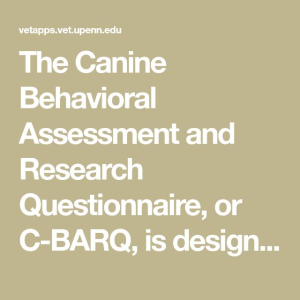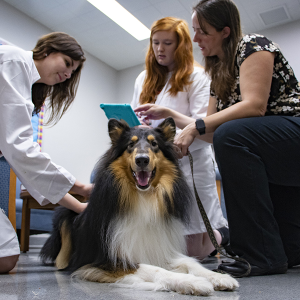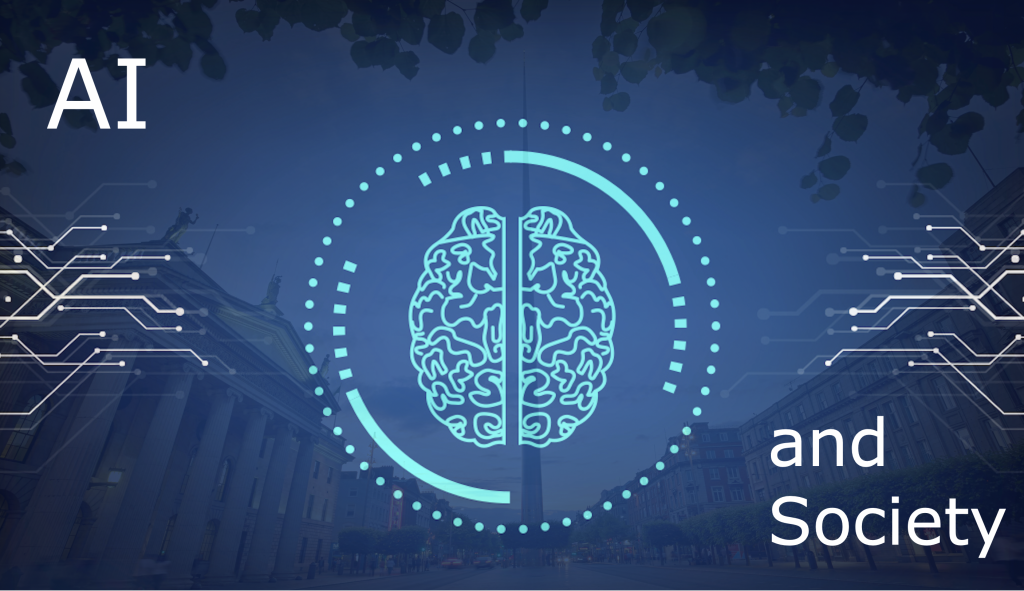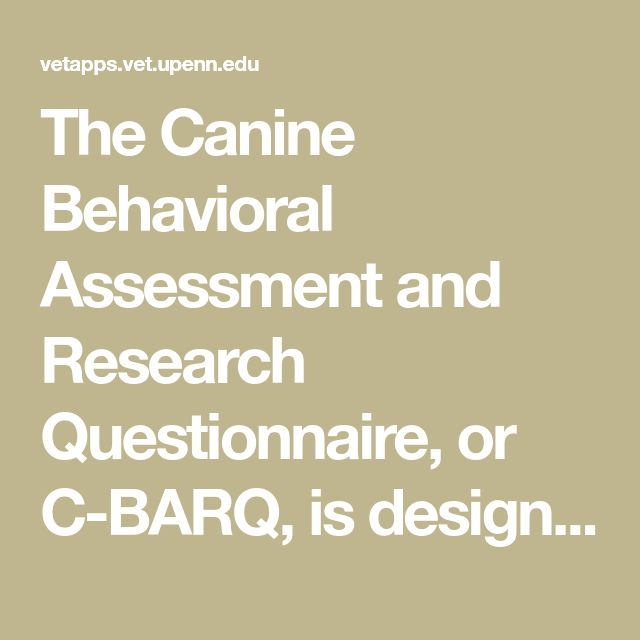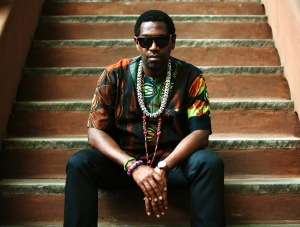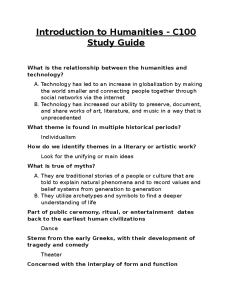AI and social justice are at a crucial intersection as we explore the implications of technology on societal equity. Scholars like Ruha Benjamin emphasize that while artificial intelligence holds transformative potential, it often mirrors and exacerbates existing inequities, leaving marginalized communities vulnerable. The conversation surrounding the future of AI must intertwine with ethical AI practices that prioritize social justice in technology, particularly as we look towards innovations in art and creativity. It’s essential to question who is creating these technologies and for whom they are created, ensuring inclusivity in our digital landscape. By fostering a deep understanding of historical contexts alongside technical advancements, we can aspire to create a more just and equitable future for all.
In the realm of technology, discussions about artificial intelligence often overlap with themes of equity and fairness. As we navigate the evolving landscape of digital innovations, it’s imperative to address how these advancements can be steered toward promoting justice rather than perpetuating current disparities. The role of influential figures like Ruha Benjamin sheds light on the necessity of incorporating ethical considerations into AI development, advocating for a future where creativity and societal well-being are at the forefront. Engaging with these concepts opens up pathways for rethinking not just the technology itself, but the broader societal frameworks that govern its use. Thus, envisioning a future where technology serves as a tool for liberation and agency becomes a collective endeavor.
Understanding AI’s Role in Social Justice
AI technologies are often touted as the next frontier of innovation, but their implications for social justice cannot be overlooked. Ruha Benjamin, a leading voice in this discourse, emphasizes that while AI can offer unprecedented efficiencies, it also has the potential to reinforce existing inequalities. For instance, algorithms used in hiring practices or criminal justice systems may be designed without regard to the historical and social contexts of the marginalized communities they affect, leading to outcomes that perpetuate oppression. By examining the intersection of AI and social justice, we can better understand how technology can be a tool for positive change or, conversely, a means of entrenching societal inequities.
As we explore the future of AI in the context of social justice, we must consider the ethical dimensions of these technologies. Benjamin urges that engaging with AI’s challenges requires a broader understanding of societal dynamics, not just technical brilliance. The existing frameworks around machine learning and deep learning often lack the social consciousness necessary to avoid moral pitfalls. Thus, discussions around AI innovations should include diverse voices from various sociocultural backgrounds to ensure that solutions address the needs of all, rather than only reflecting the interests of those in power.
Redefining the Narrative of AI: From Dystopia to Possibility
Ruha Benjamin’s insights challenge the dominant narratives surrounding AI and its future. Instead of accepting a dystopian vision driven by tech elites, she advocates for a reimagining of what AI can mean for society. This involves recognizing that technology should not be viewed merely as ‘progress’ when it serves the elite few while neglecting the majority. Instead, the potential for AI to facilitate a future built on social justice and equity should be central to our discussions. This vision goes beyond treatment of AI as a cold, calculative force; it invites us to consider technology as a means to enhance human creativity and societal flourishing.
The shift in narrative that Benjamin promotes calls for a collective re-evaluation of our priorities. Instead of focusing solely on technological advancements that promise efficiency, we should embrace innovations that promote social justice, community welfare, and environmental sustainability. By fostering art and creativity alongside technical knowledge, we can cultivate a new understanding of AI that aligns with ethical standards, promotes inclusivity, and contributes to a just society. The conversation around AI and its impact should therefore not only be about what is possible through technology, but also about what is desirable for a truly equitable future.
The Creative Potential of AI in Arts and Culture
AI’s integration into the arts is often celebrated as an avenue for unprecedented creativity and expression. Benjamin highlights that we should not just view AI as a tool to enhance existing practices but rather as a catalyst that can inspire new forms of artistic exploration. This perspective aligns with the idea that AI can collaborate with artists to produce work that challenges societal norms and ushers in new cultural dialogues. Emphasizing creativity in tech discussions encourages us to see beyond utility, tapping into the profound connection between art and technological innovation.
Moreover, the intersection of AI and arts presents an opportunity to democratize creativity. As Benjamin points out, the traditional gatekeepers of cultural production have often limited access to platforms for expression. However, with AI, a wider array of voices can emerge, breaking down barriers of entry for marginalized communities. AI-generated art can serve not just as entertainment, but as a means of social commentary or social justice advocacy, reflecting the diverse experiences and narratives often overlooked in mainstream culture.
The Dangers of AI Without Social Context
Benjamin warns that the rush towards implementing AI technologies without considering their social ramifications could be catastrophic. The application of AI systems like facial recognition and healthcare algorithms has shown us that these tools can have dire consequences, particularly for already vulnerable populations. Systems designed solely on mathematical accuracy can mask the biases embedded within the societal structures from which they draw data. Therefore, it is crucial to contextualize AI within the realities of oppression and inequality to ensure these technologies contribute to a fairer society.
Moreover, an uncritical acceptance of AI as a ‘neutral’ arbiter of decisions can lead to an ethical quagmire. Social justice in technology demands that we critique who benefits from these systems and who bears the brunt of their failures. The future of AI cannot solely revolve around efficiency and progress; it must advocate for a design philosophy that is rooted in ethical principles, incorporating a diversity of perspectives that reflect the complexities of human society. This holistic approach ensures that AI serves as a force for good rather than an additional layer of oppression.
The Call for Cross-Disciplinary Collaboration in AI Development
Benjamin emphasizes the need for interdisciplinary collaboration in the pursuit of ethical AI solutions. By integrating insights from the humanities and social sciences with technical expertise, we can develop a more comprehensive understanding of how technology operates in society. This collaboration is essential in addressing the societal implications of AI, ensuring that its development is informed by diverse perspectives and experiences. Without this interdisciplinary approach, the risk is high that AI will replicate past injustices rather than contributing to an equitable future.
Moreover, this call for collaboration extends to educational institutions as well. By prioritizing training that encourages creativity and critical thinking alongside technical skills, we prepare future innovators to navigate the moral complexities of AI. This educational shift promotes a culture where art and humanities play a fundamental role in informing technological advancements. By embedding social awareness and ethical considerations into the fabric of AI development, we can collectively push toward solutions that align with the values of justice and equity.
The Importance of Diverse Perspectives in AI Policy Making
For AI technologies to truly innovate in a way that benefits society, the policy-making process must include diverse perspectives. Benjamin argues that those who create and implement AI systems often lack a comprehensive understanding of the communities they affect. Therefore, integrating representatives from various backgrounds, particularly marginalized groups, into policy discussions is critical. Their lived experiences can illuminate potential pitfalls and guide the development of fairer technologies. This grassroots input ensures that AI’s applications reflect a broader spectrum of needs and values.
Additionally, fostering inclusion in AI policy can enhance accountability and transparency within technology companies. When the creators are held accountable to diverse communities, the likelihood of neglecting ethical implications decreases. Benjamin’s vision advocates for an inclusive approach that does not merely allow for token representation but actively seeks to elevate the voices of those who have historically been silenced. By centering social justice within AI policy, we stand a better chance of harnessing technology to fight oppression rather than exacerbate it.
Imagining Futures Beyond Surveillance and Control
Benjamin challenges us to consider futures where technology serves as a means of liberation rather than surveillance. In reimagining the potential of AI, we are invited to envision a world that transcends the limitations imposed by current systems of policing and control. This vision involves dismantling the pervasive structures that restrict freedom and creativity, allowing for a broader cultural dialogue around technology’s role in society. By envisioning alternatives to the status quo, we can foster a proactive rather than reactive approach to AI.
The pursuit of futures devoid of oppressive constructs demands an overhaul of our relationship with technology. Benjamin suggests that we should look at AI not just through a lens of what it can do but what it should do for humanity. By prioritizing social welfare, we can ensure that technology nurtures a more just world. This shift in perspective encourages innovative thinking and cultivates an environment where technology no longer controls but collaborates with human aspirations for freedom and dignity.
The Role of Imagination in Achieving Ethical AI
In the dialogue surrounding AI, Ruha Benjamin emphasizes the power of imagination in shaping ethical frameworks. It is not enough to approach AI with a critical but static mindset; we must actively engage in reimagining what ethical AI looks like. The arts and humanities provide rich resources for this exploration, offering narratives and methodologies that challenge conventional thinking about technology. Encouraging a creative approach opens up possibilities for AI applications that align with principles of justice and equity.
Moreover, cultivating imagination in discussions about AI implies that we are open to envisioning systems that prioritize compassion and understanding over cold analysis. Benjamin’s call to question existing paradigms urges us to think deeply about the world we want to create and how AI can contribute to that vision. By intertwining ethical considerations with imagination, we can inspire an AI revolution that not only serves technical needs but also resonates with our collective aspirations for a harmonious and just society.
Moving Beyond Technological Determinism in AI
Benjamin argues that we must move beyond the notion of technological determinism, which frames technology as an autonomous force shaping human destiny. Instead, she insists on recognizing the social forces that shape technological adoption and implementation. This understanding highlights that it is human choices that cultivate the landscape of AI and its effects on society. In breaking free from this deterministic view, we become empowered to make conscious choices around what kind of future we want to construct with AI.
By acknowledging that technology does not operate in a vacuum, we can encourage a more critical and proactive engagement with AI systems. It empowers communities to ensure that their interests and voices are considered in the development of technological solutions. As Benjamin advocates for a collective re-imagining of AI, we must embrace the idea that our societal values should dictate the trajectory of technological innovation, rather than allowing technology to dictate our futures.
Frequently Asked Questions
How does AI impact social justice in technology according to Ruha Benjamin?
Ruha Benjamin asserts that AI often perpetuates existing social injustices, as technologies marketed as ‘efficient’ may lead to outcomes that negatively affect marginalized communities. She emphasizes that the decision-making processes driven by AI need to incorporate a deeper understanding of social dynamics and historical context to truly promote social justice.
What role does creativity play in addressing social justice and AI?
Benjamin encourages a reimagining of AI systems through creativity and the arts to foster an inclusive dialogue on their design and implementation. By prioritizing creative perspectives, we can envision AI solutions that transcend traditional limitations and advocate for social justice rather than merely reduce harm.
What are the dangers of entrusting AI development to tech elites?
Ruha Benjamin warns that the motivations of tech elites often stem from self-interest rather than genuine concern for societal welfare. This reliance on a narrow group of individuals to shape the future of AI risks overlooking the needs and voices of marginalized populations, which can exacerbate rather than alleviate social injustices.
How can we ensure that AI promotes social justice rather than oppression?
To ensure AI promotes social justice, Benjamin advocates for inclusive decision-making that considers diverse types of knowledge beyond purely technical expertise. This approach would involve collaboration with various stakeholders, including marginalized communities, to create ethical AI solutions that genuinely address social issues.
What can universities do to contribute to a just future of AI, according to Ruha Benjamin?
Benjamin calls for universities to emphasize the integration of the arts and humanities in the study of AI and technology. By fostering creativity alongside technical skills, educational institutions can better prepare students to think critically about the societal impacts of AI and champion social justice.
What criticisms does Ruha Benjamin have regarding the current narratives surrounding AI advancements?
Benjamin critiques the prevalent narratives that idolize technological advancements, such as superintelligence and colonization of Mars, while neglecting essential public goods like affordable housing and public transport. She argues that these narratives can distract from addressing urgent social justice issues inherent in current AI technologies.
How does Ruha Benjamin suggest we ‘dismantle barriers’ in our thinking about AI and social justice?
Benjamin proposes that we challenge our preconceived notions and mental blocks that limit our vision for a just future. She encourages individuals to envision alternatives to oppressive systems and consider innovative approaches that transcend current paradigms in AI development.
Why is it essential to have diverse voices at the AI decision-making table?
Incorporating diverse voices is crucial because AI systems often reflect the biases of their creators. Ruha Benjamin stresses that a holistic understanding of societal dynamics, which includes perspectives from historically marginalized groups, is necessary to develop AI technologies that are equitable and just.
| Key Point | Details |
|---|---|
| Reimagining Futures | Ruha Benjamin encourages people not to fear envisioning a radically different future, contrasting it with the self-serving visions of tech billionaires. |
| Skepticism Towards Tech Elites | Benjamin argues that tech elites lack genuine wisdom to alleviate suffering and often act from self-interest rather than the common good. |
| Critique of AI Technologies | AI technologies often perpetuate oppression and can lead to negative social outcomes, despite being marketed as ‘efficient’. |
| Math vs. Societal Decisions | Relying solely on mathematical algorithms for societal decisions can harm marginalized groups, similar to historical eugenics. |
| Call for Diverse Knowledge | Benjamin emphasizes the importance of varied perspectives at decision-making tables, not just technical expertise. |
| Creativity and Imagination | A renewed focus on creativity and exploration in the arts and humanities is necessary to envision better societal structures. |
| Challenging Assumptions | Instead of small improvements, Benjamin suggests fully reimagining systems to eliminate societal issues like borders and oppression. |
Summary
AI and social justice present a critical intersection where technology must serve the greater good of society rather than the self-serving interests of a few. Ruha Benjamin’s insights challenge the prevailing narratives surrounding AI and urge us to address the historical and social contexts often overlooked by technical elites. A collective effort towards imaginative thinking and inclusive decision-making can pave the way for more equitable futures, transcending the limitations of current systems.


